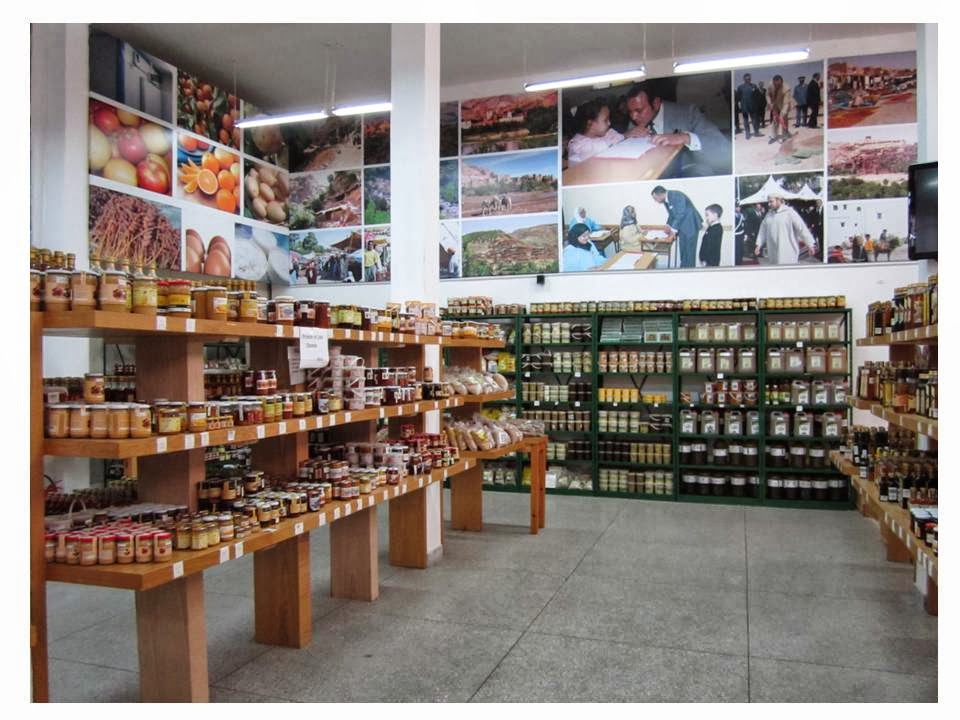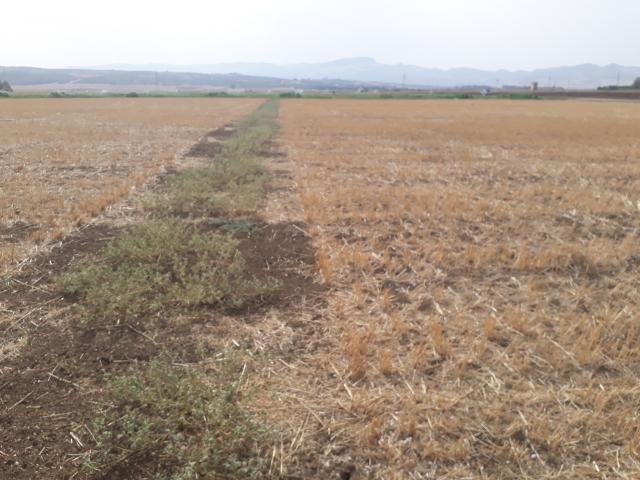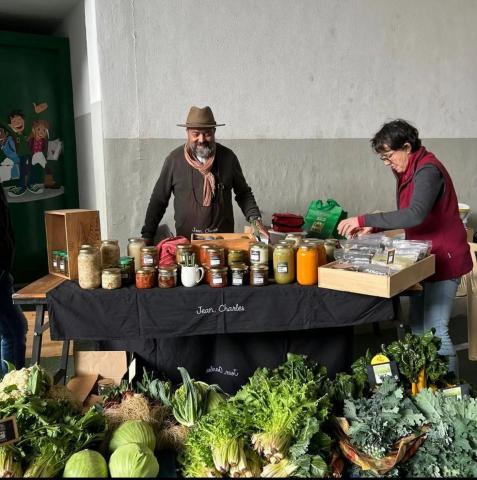GOOD PRACTICE

Maroc Taswiq, a transformative initiative, empowers small and medium-sized Moroccan producers, cooperatives, and associations by enhancing the value of their agricultural products. Through effective marketing capabilities, improved transport infrastructure, and efficient distribution channels, Maroc Taswiq enables small farmers to access local and international markets. This practice has led to sustainable growth, increased employment opportunities, and improved socio-economic conditions. By establishing solidarity stores and collective procurement, Maroc Taswiq leverages the strength of cooperative products, driving economic growth and social advancement. This impactful practice uplifts communities and contributes to bringing Moroccan cooperative products on the global stage.
You must be registered to see all the content
To overcome these challenges, it is essential to strengthen cooperatives' marketing capabilities, improve transport infrastructure, develop efficient distribution channels and support initiatives to promote and enhance the value of cooperative products on local and international markets. To this end, the Office de Commercialisation et d'Exportation (OCE) (Marketing and Export Office) has set up the "Maroc Taswiq" strategy, which support small and medium-sized Moroccan producers, cooperatives unions, Associations, TPEs to enable them to enhance the value of their production, through the aggregation and enhancement of small and medium-sized agricultural and agri-food products, the marketing and development of agricultural and agri-food exports, and the improvement of income and social conditions for small farmers.
Maroc Taswiq plays a vital role in the economic development of communities by effectively promoting the value of cooperative products and expanding their market presence. This has resulted in sustainable growth and improved socio-economic conditions in the long term. As a major player in the social economy sector, Maroc Taswiq has established itself as a significant force, leveraging the country's abundant and diverse natural resources to create extensive employment opportunities. Its commitment is a driving force behind economic growth, export development, and social advancement. The initiative demonstrates foresight by launching a program to establish solidarity stores, aiming to reform the sector. Through the collective procurement of small producers' supplies and the efficient use of cost-effective transportation, Maroc Taswiq ensures critical scale, granting it substantial bargaining power with major buyers.
Since the launch of the first store in 2012, and over the past five years, Maroc Taswiq has played a crucial role in the development of Moroccan cooperatives, assisting them in valorizing local products, creating added value, and generating employment. As part of this support, 12 solidarity stores have been opened in various cities across Morocco, including Casablanca, Agadir, Mohammédia, and Béni-Mellal, with some being managed by franchisees. The average basket value in these stores is approximately 350 DH. To facilitate commercialization, each product category has its own logo, such as Treasure Food (for olive and argan oil), Maroc Végétal (fruits and vegetables), Novel (cosmetics), and Oasis (dates). For exports to the European Union, Maroc Taswiq utilizes a distribution platform based in France. A Good Production Practices guide is currently being developed to obtain approval from the Ministry of Health, focusing mainly on products such as argan oil, saffron, rose water, couscous, and cactus oil. The organization handles the marketing of products and also ensures that cooperatives and independent producers can pool their purchases of packaging and processing accessories, offering them a gain in production and therefore competitiveness.
Marketing cooperative products in Morocco poses several noteworthy challenges. Primarily, one of the major hurdles is gaining access to markets. Cooperatives, especially those situated in rural or remote regions, face difficulties in reaching national and international markets due to inadequate transportation infrastructure and high logistics expenses. As a result, their capacity to distribute products efficiently and punctually is restricted. Furthermore, intense market competition at both domestic and international levels adds to the complexities, making it challenging for cooperatives to distinguish their products and stand out amidst competitors.










.jpg)


